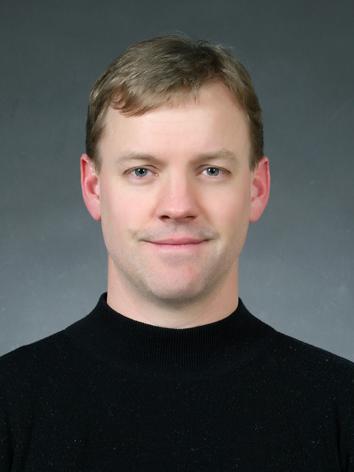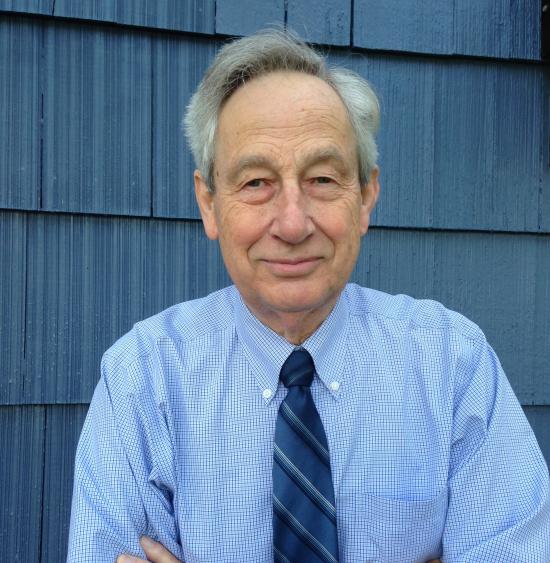Copy Theory
The history and theory of copying and of copies has attracted very little attention compared with writing, printing, telecommunications, and computing. That is unfortunate because copies and copying (which have the same root as copiousness!) have had a very large impact. Imagine adjusting to life without any copies.
Seemingly a simple and commonplace word, “copy” is like “information” and “relevance”: The meaning is obvious until you try to be precise. “Copy” has multiple meanings; it becomes quite complex when analyzed; and its goes a long way towards providing a unifying theory for much of information science and technology.
If this is your first time using Zoom, please allow a few extra minutes to download and install the browser plugin or mobile app.
Wayne de Fremery is an associate professor of Korean literature at Sogang University in South Korea, where he develops new technologies for investigating Korean literature and documentary traditions. He holds a doctorate from Harvard University in east Asian languages and civilizations, a master’s in Korean studies from Seoul National University, and a bachelor’s in economics from Whitman College. Wayne is the author of a growing number of academic publications about bibliography and the socialization of twentieth-century Korean literary texts. In 2011, his book-length translation of poetry by Jeongrye Choi, Instances, appeared from Parlor Press. His current book project is titled Computational Bibliography and the Sociology of Data. He is also at work on a manuscript titled How Poetry Mattered in 1920s Korea.
Michael Buckland is emeritus professor in the School of Information and co-director of the Electronic Cultural Atlas Initiative. He grew up in England and studied history at Oxford and librarianship at Sheffield University. He trained at the Bodleian Library in Oxford and moved to the University of Lancaster Library in 1965. In 1972, Buckland moved to the United States to be Assistant Director of Libraries for Technical Services at Purdue University Libraries before becoming Dean of the School of Library and Information Studies at Berkeley from 1976 to 1984. He served from 1983 to 1987 as Assistant Vice President for Library Plans and Policies for the nine campuses of the University of California. Professor Buckland’s interests include bibliography, library services, search and discovery, cultural heritage, and the history and theory of documentation.











